
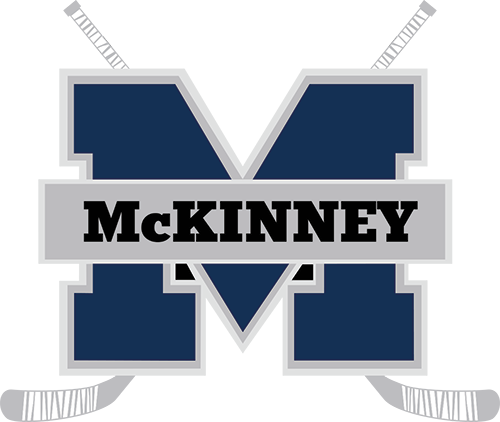
Ice Time Policy
Ice Time Policy

McKinney Ice Hockey Club – Ice Time Policy
As a USA Hockey-affiliated program, McKinney Ice Hockey Club (MIHC) is committed to creating a competitive, development-focused environment for high school athletes at both the JV and Varsity levels. This policy outlines how ice time is earned and managed, reinforcing our values of effort, attitude, responsibility, and team play.
Philosophy on Ice Time
MIHC strives to strike a balance between player development and competitive performance. While all players are given the opportunity to grow their skills and understanding of the game, ice time is not guaranteed nor distributed equally during games.

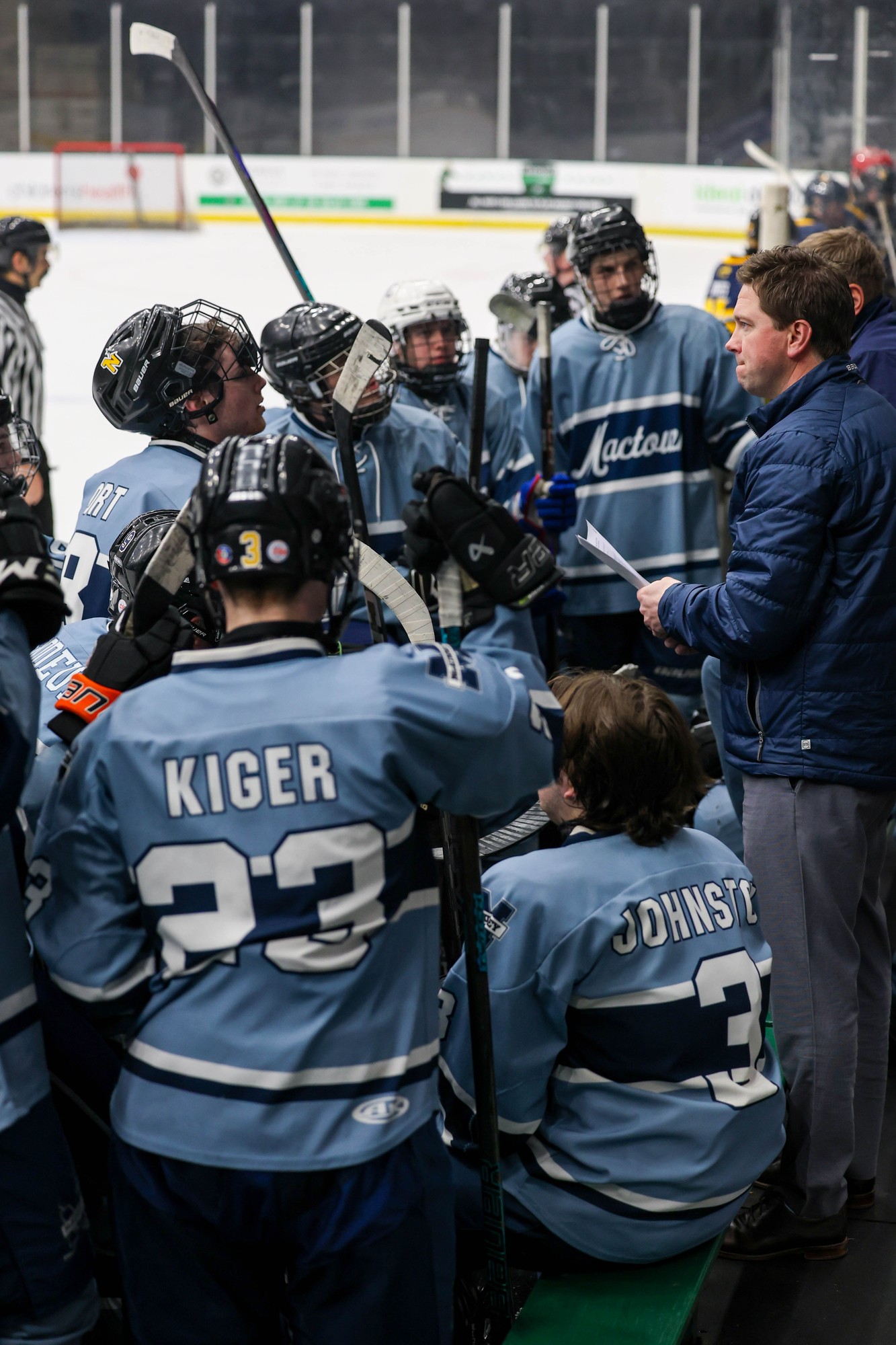
Competitive Framework
- Varsity & JV teams are designed for competitive play. Players should expect that game situations, special teams, and opponent strength may affect playing time.
- Coaches make situational decisions during games that prioritize the team’s success, which may result in certain players receiving more or less ice time.
Criteria for Ice Time
- Attendance & Punctuality: Players must consistently attend and actively participate in practices and games. Absences or frequent tardiness may reduce playing opportunities.
- Effort & Attitude: Demonstrated hustle in practices and games, a strong work ethic, and a positive, team-first mindset are core factors in earning ice time.
- Role Execution: Ice time is based not only on offensive & defensive performance but also on a player’s commitment to their assigned role (e.g., defensive responsibilities, penalty killing, forechecking, etc.).
- Game Needs: Coaches may adjust lines and ice time in real time to respond strategically to the flow and intensity of the game.

Development Through Responsibility
Earning ice time is an important part of player development:
- Players must take ownership of their growth, continually working to improve their hockey IQ, physical conditioning, and team contribution.
- Coaches are committed to helping every player progress and will work with individuals to set realistic goals and offer feedback.
Communication & Support
Player-First Communication
- Players are encouraged to speak directly with coaches about their role, performance, and how to earn more ice time.
- Coaches will follow USA Hockey’s best practices by fostering open, constructive, and respectful dialogue.
Parent Communication
- Parents may reach out with questions, following club and team communication protocols, but players are expected to initiate discussions about their individual development.

Roster Management & Healthy Scratches
- Teams may carry up to 25 players on the roster per USA Hockey.
- Game Day Roster Limit: No more than 20 players (18 skaters and 2 goalies) can dress for a game.
- Carrying over 20 players on the roster allows us to manage a variety of situations, including but not limited to injury, illness, suspensions, academic suspensions, and concussions, which may arise during the season. This ensures the team maintains optimal availability of players and continuity of competition.
- Healthy Scratches: If the team roster exceeds 20, coaches will rotate healthy scratches on a fair and planned basis, factoring in attendance, effort, conduct, and development needs.
- Scratching decisions are communicated respectfully and are part of teaching players accountability, resilience, and the competitive nature of team sports.

Injury and Illness Scratches Policy (Superseding Healthy Scratches)
When managing the game-day roster, player health and safety are the club’s highest priority. Any player who is unable to participate due to injury or illness will be designated as a scratch for that game, which will take precedence over any healthy scratch rotations.
Medical Scratches: If a player is medically unable to play (due to injury or illness), they will be classified as an “injury/illness scratch.” These absences are determined based on input from the player, parent/guardian (if applicable), medical professionals, or the coaching staff.
- No Penalty: Injury or illness scratches do not count against the player in future healthy scratch rotations. These are not disciplinary or performance-based, and the player will return to their normal roster status once cleared to play.
- Return to Play: After being scratched for medical reasons, players may resume participation upon approval from a qualified healthcare provider or the coaching staff, following USA Hockey’s guidelines for safety and return-to-play protocols.
- Communication: Prompt, open communication about illness or injury is encouraged between families and the coaching staff to allow for responsible roster planning and proper player care.
By prioritizing health-related scratches, MIHC reinforces its commitment to player welfare while ensuring that healthy scratch decisions are fair and transparent for all team members.
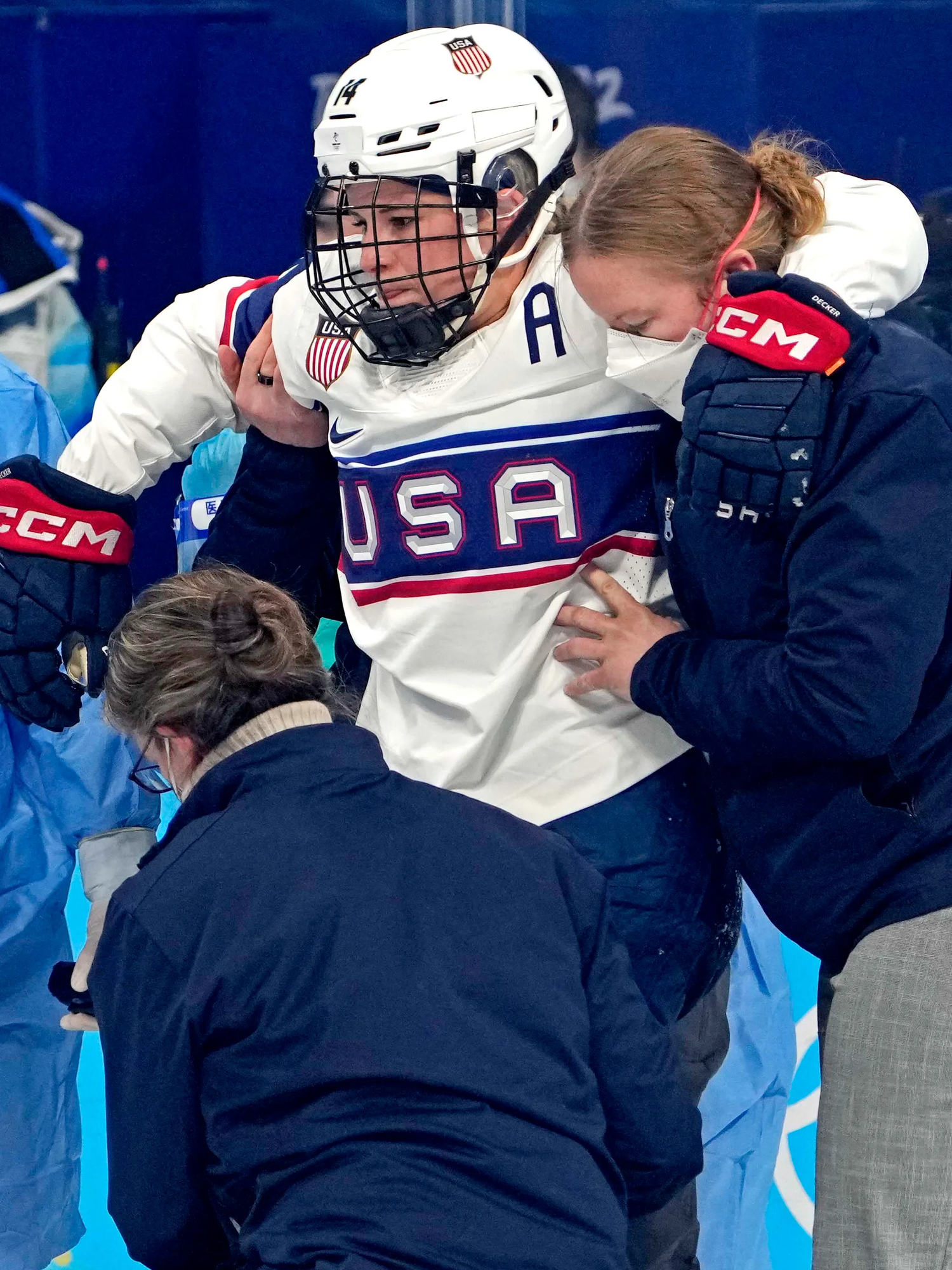

McKinney Ice Hockey Club – Goalie Policy
Our club recognizes that goaltenders play a critical, specialized role on every team. This policy guides the development, fair use, and management of high school-level goalies, grounded in USA Hockey’s core principles of safety, skill development, and fair play.
Team Placement and Playing Time
- Merit-Based Selection: Goaltenders will be rostered through competitive tryouts based on skill, athleticism, and attitude. Coaches will evaluate each goalie using USA Hockey age and skill-appropriate criteria.
- Game Assignments: Starting assignments, rotations, and in-game substitutions are determined by coaching staff to maximize team competitiveness and goalie development.
- Earning the Net: Consistent attendance, work ethic, attitude, and performance in practice/games all factor into playing time decisions. Ice time is earned, not guaranteed.
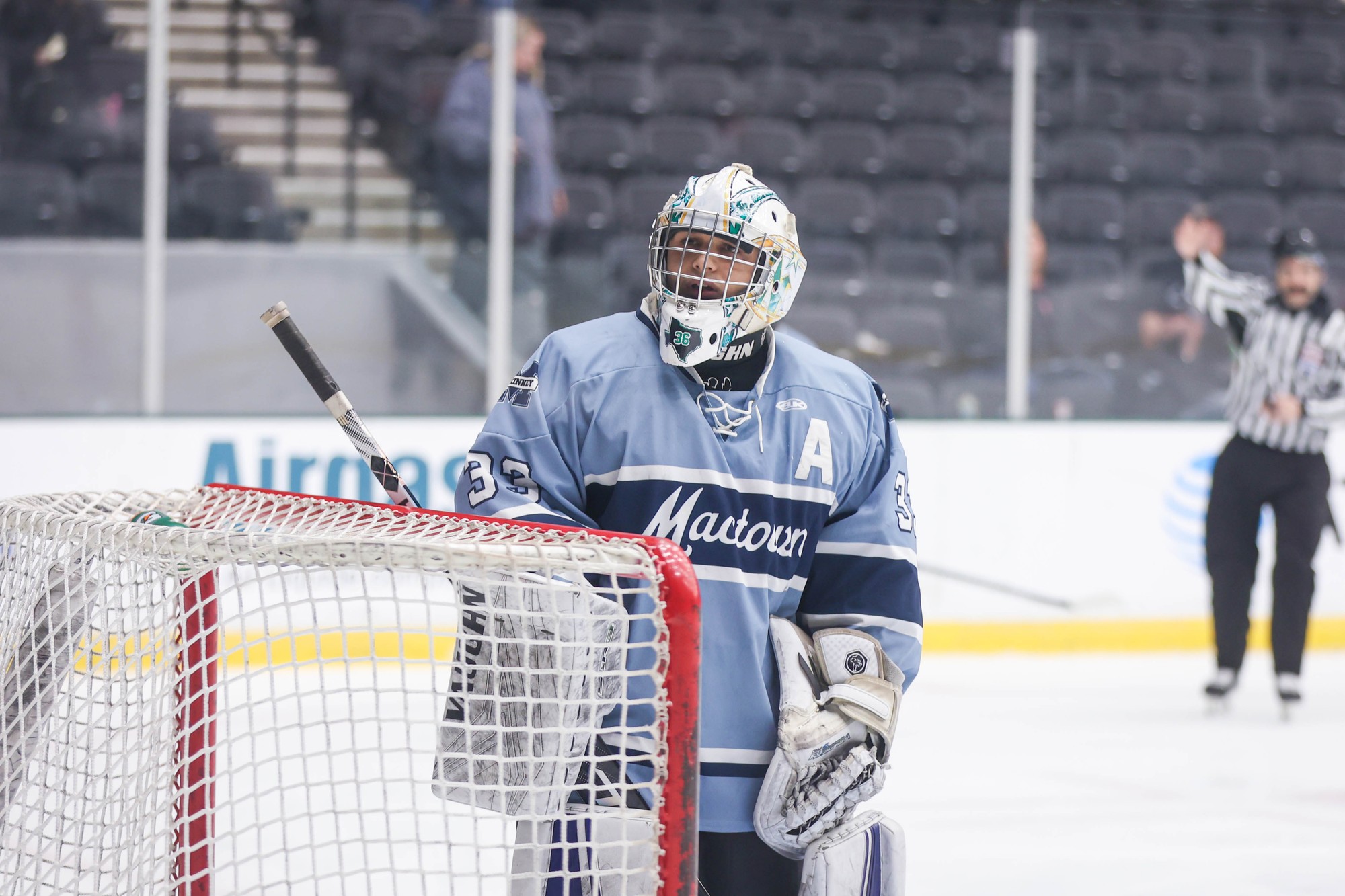
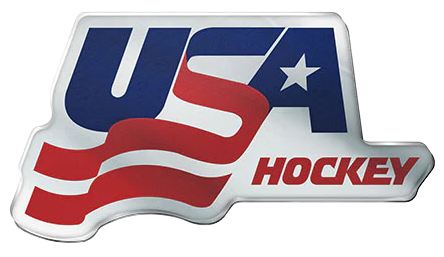
Roster and Dress Policy
- Dressing Limits: In accordance with USA Hockey and league rules, no more than two goalies may dress for a game. Additional rostered goalies (“healthy scratches”) will rotate appearances based on attendance, performance, and developmental needs.
- Communication: Coaches will inform goalies of game day status (starter, backup, scratch) with as much advance notice as possible, ideally at least 24 hours before the game.

Oops!
You have unsaved elements
Please save or cancel the pending changes to the elements within your page and then try saving again.

